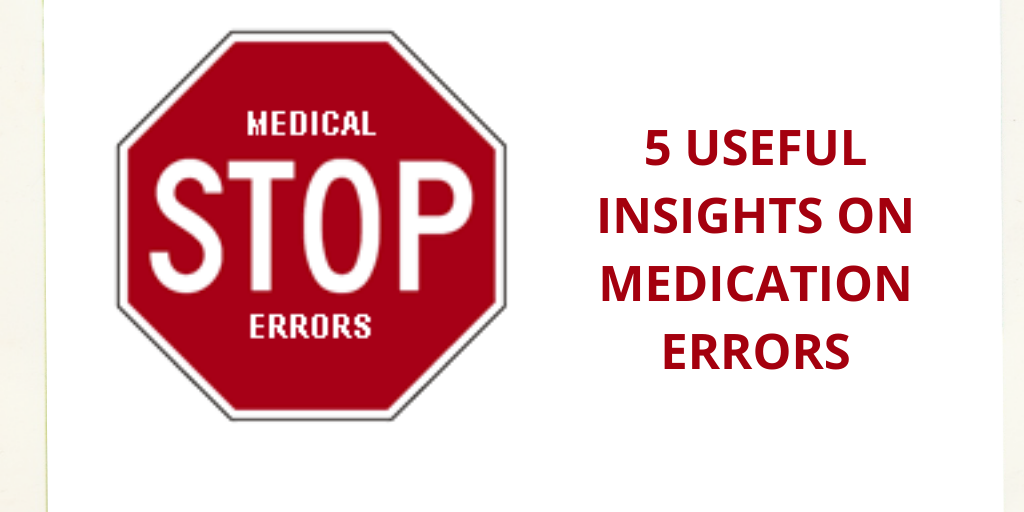A medication error is defined as “a failure in the treatment process that leads to, or has the potential to lead to, harm to the patient.” A medication error can result in missed dosage, making the treatment less effective or overdose, causing mild to life-threatening side effects. It is, free, important to detect medication errors.
To prevent or reduce the likelihood of medication errors, it is important to adhere to the safe medication practices, called the 6 Rights of medication administration. The six rights of medication use: right – patient, drug, dose, time, route, and documentation. A MAR chart is a formal record of a resident’s medication and administration of drugs. However, more and more care homes in the UK are replacing paper-based MAR charts with electronic mar charts. eMAR system ensures safe medication administration at care homes or healthcare facilities.
If the care home you are running plans to adopt eMAR, read these five useful insights on medication errors:
1. Following ‘Six Rs’ can help reduce medication errors
If a caregiver follows the six rights correctly while drug administration, there are very low chances of medication errors. The six rights are:
- Right patient
- Right drug
- Right dose
- Right time
- Right route
- Right documentation
A medication error occurs when:
- The wrong drug is administered to the patient.
- The drug is administered via an incorrect route.
- The drug is given at an incorrect time.
- The details of the patient are verified at the time of administering the medicine.
- The medicines mentioned on the chart are confused with a similar-sounding drug.
2. Follow proper procedure while dealing with medication errors:
- Recognize the error.
- Do not panic. Assess the condition of the resident.
- Report the error to a healthcare professional.
- Follow the doctor’s order to mend the situation.
- Document the error in the patient’s electronic MAR charts and describe the details such as :
- Type of error
– Patient’s reactions
– Step taken to correct the medication error
3. Types of medication errors
There are different types of medication errors. A few of them are:
- Prescribing error: When an incorrect drug is prescribed or any essential information about drug administration is not communicated.
- Wrong time error: When the drug is administered at the wrong time.
- Omission error: It refers to the failure in administering a prescribed or ordered dose to the patient before the next scheduled dose.
- Unauthorized drug error: Administering a drug that is not prescribed by a healthcare professional.
- Wrong dosage: When the dosage is not properly calculated leading to underdose or overdose.
4. Patient education is an important part of medication error prevention
Healthcare professionals should educate the patients about the appropriate use of their medication. This should be a part of their error prevention program. Many errors can be prevented when patients take an active role in their health care. They can act as a final check before administering the drug. The patients should:
- Know the names of their medications.
- Read the medication information sheet.
- Do not share their medicines.
- Know how to store drug properly.
- Learn about the potential harm posed by a few drugs.
5. eMAR reduces medication errors:
Electronic MAR charts are a reliable way to reduce medication errors. eMAR reduces errors due to poor handwriting, ambiguous abbreviations and confusing verbal instructions. It gives easy access to all the necessary information that caregivers need while administering medication. Not just, that alerts and prompts ensure that no dose is missed. Caregivers and supervisors can access electronic MAR charts without being physically together. The inventory management becomes easy with eMAR as it can send orders to the pharmacy without any confusion that is associated with paper-based MAR charts.
Book a demo to know how electronic MAR charts can help your care home.







